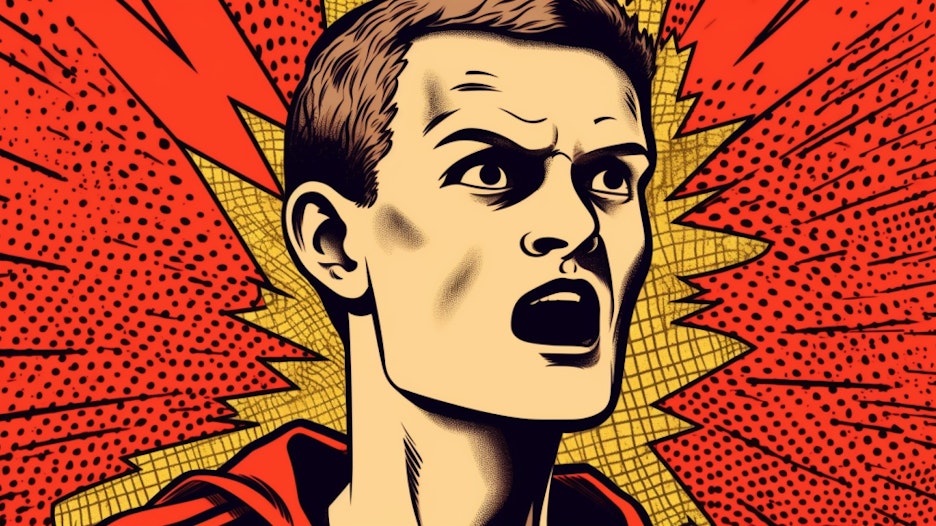News - Vitalik Buterin warns of "systemic risks"
Blockchain grows with its tasks - or fails in them. Vitalik Buterin warns: Ethereum needs to focus on its core tasks.
More than 700,000 validators, stakes for US$42 billion Ether: Since the ''Merge'', Ethereum has served as the model blockchain of the proof-of-stake process - from whose success other networks also want to benefit. But continuing to use the strike device to secure other networks, as is done by projects like Eigenlayer as a re-stake, can lead to risks, says Vitalik Buterin. According to the Ethereum founder, the security model should focus on the core functions of the network.
Re-stake: opportunity or danger?
The heartbeat of a blockchain is the consensus process - the regular agreement of multiple participants on a given network state. Transactions thereby gain validity and blockchains become actionable. However, building a decentralized security network takes time and money. Resources that smaller projects could save by joining Ethereums validator set, for example.
However, Buterin speaks of "high systemic risks to the ecosystem." In the model known as re-staking, conflicts of interest could arise that compromise the validators' actual function - securing a blockchain.
Ethereum must maintain "minimalism"
According to Buterin, there is a natural urge to "extend the core of the blockchain with more and more functions." This comes at a price: "Each expansion makes the core itself more fragile." Social consensus is "a fragile thing," Buterin says, and therefore "should be used only sparingly." The Ethereum founder also cites securing oracles - the transfer of data to and from a blockchain - as a potential gateway for security risks: "Once a blockchain tries to plug into the outside world, the conflicts of the outside world also affect the blockchain."
Buterin therefore recommends preserving "the minimalism of blockchain." At the same time, he cautions against "expanding the scope of blockchain consensus to anything other than verifying the core rules of the Ethereum protocol." Such applications could "very easily conflict with the goals of the community as a whole."
In addition, the costs and risks of network assurance could increase: "Validators will have to take on the human effort of paying attention and running and updating additional software to make sure they are acting correctly according to the other protocols being introduced." This will force the Ethereum community to make "many more decisions, each of which carries some risk of causing a split in the community."






